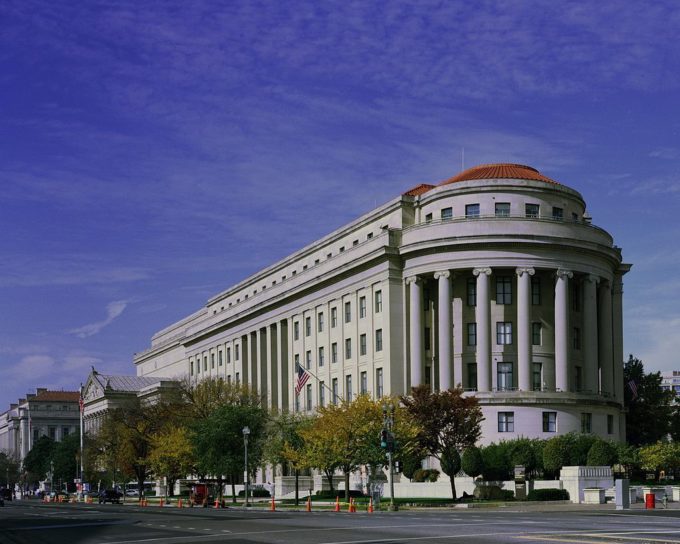
FTC v. AT&T: 9th Circuit Broadens FTC’s Regulatory Authority with Regards to the Common Carrier Exemption
By Nati Hyojin Kim – Edited by David Zhou
FTC v. AT&T Mobility LLC, No. 15-16585, (9th Cir. Feb. 26, 2018)
Last month, the U.S. Court of Appeals for the 9th Circuit en banc reversed a panel decision that limited the Federal Trade Commission’s authority to police the privacy practices of internet service providers. The Federal Trade Commission (“FTC”) can now proceed with enforcement actions against AT&T and other common carriers.
The long-running case commenced in 2014 when the FTC brought an enforcement action against AT&T under Section 5 of the FTC Act, 15 U.S.C. § 45; the agency alleged that the company which unfairly throttled data speeds for millions of customers with unlimited data plans and deceptively failed to disclose the unlimited data plan’s “significant and material data restrictions” in advertisements. Five months later, the Federal Communications Commission (“FCC”) issued an order that reclassified mobile data service as a common carrier service. Although the FTC and FCC share concurrent jurisdiction over non-common carriage services, the FTC Act’s common carrier enforcement exemption grants the FCC exclusive jurisdiction over common carriage services. Following the FCC’s reclassification order, AT&T claimed that the FTC could not bring a Section 5 enforcement action against it because of its status of a common carrier. AT&T argued that its common carrier status invoked the common carrier exemption, regardless of whether the activity it was engaged in was a common or non-common carriage service. In 2016, the 9th Circuit panel agreed with AT&T, concluding that “the common carrier exception [of the FTC Act] is a status-based exemption,” and that AT&T, as a common carrier, was not covered by Section 5.
As Daniel Solove, writing for TeachPrivacy, explained, the 9th Circuit’s 2016 panel decision had threatening implications. He pointed out that modern companies frequently engage in a wide range of activities, consequently rendering the decades-old categories of “common carrier” and “non-common carrier” obsolete. Under the 2016 decision that the common carrier exemption was status-based, a company engaged in common carriage services would be insulated from any FTC enforcement, even when engaging in activities beyond the scope of common carrier services. Such an exemption could be especially dangerous in light of the FCC’s decision to repeal Obama-era net neutrality rules governing how internet service providers treat traffic on their networks.
The 9th Circuit’s recent en banc reversal of its 2016 decision closed this regulatory loophole, holding that the common carrier exemption is instead activity-based. The Court stated that common carriers are immune from FTC regulation “only to the extent that a common carrier is engaging in common-carrier services.” The decision thus allows the FTC to proceed against AT&T for throttling its unlimited mobile data customers. Acting FTC Chairman Maureen K. Ohlhausen welcomed the decision as “good news for consumers,” stating that the ruling “ensures that the FTC can and will continue to play its vital role in safeguarding consumer interests including privacy protection, as well as stopping anticompetitive market behavior.” Sam Pfeifle of The International Association of Privacy Professionals echoed Ohlhausen’s statement, explaining that the decision restores the FTC’s authority to “regulate internet service providers’ data-handling and cybersecurity practices if they come in the context of activities that are outside their activities as common carriers.”
However, it is still unclear what FTC’s resurrected regulatory authority means in practice. Unlike preemptive rules, FTC enforcement processes are by nature reactive and can takes years, as demonstrated by this ongoing AT&T suit. Devin Coldewey of TechCrunch aptly explained how the FCC under Ajit Pai has exacerbated the delay by in enforcement by passing most of the “consumer protection side of broadband regulation” to the FTC, as opposed to the previous FCC that preferred to “establish preemptive rules against certain practices.” While the 9th Circuit’s reversal has settled FTC’s regulatory jurisdiction over AT&T, the merits of the case have yet to be addressed and should be closely watched.
Nati Hyojin Kim is a 2L at Harvard Law School.